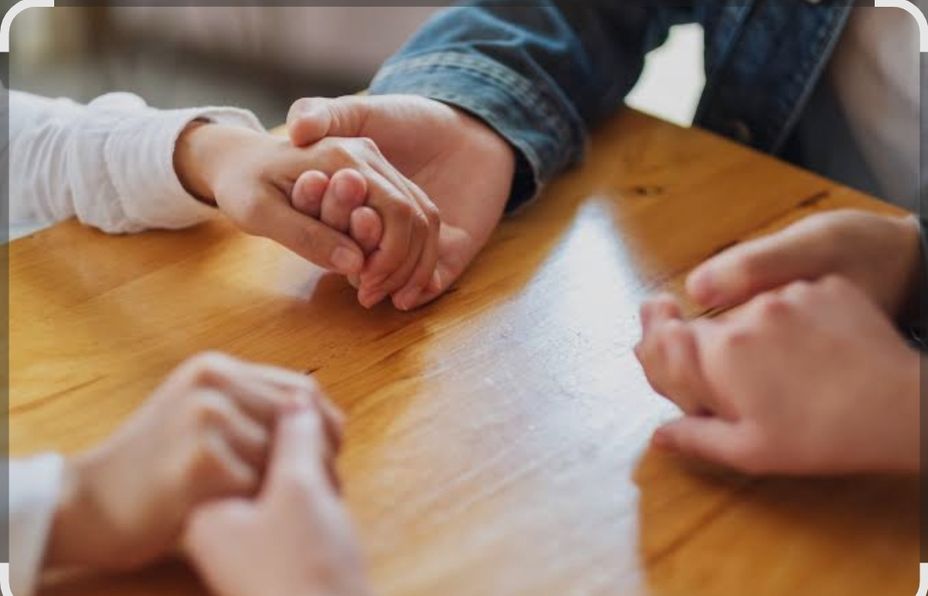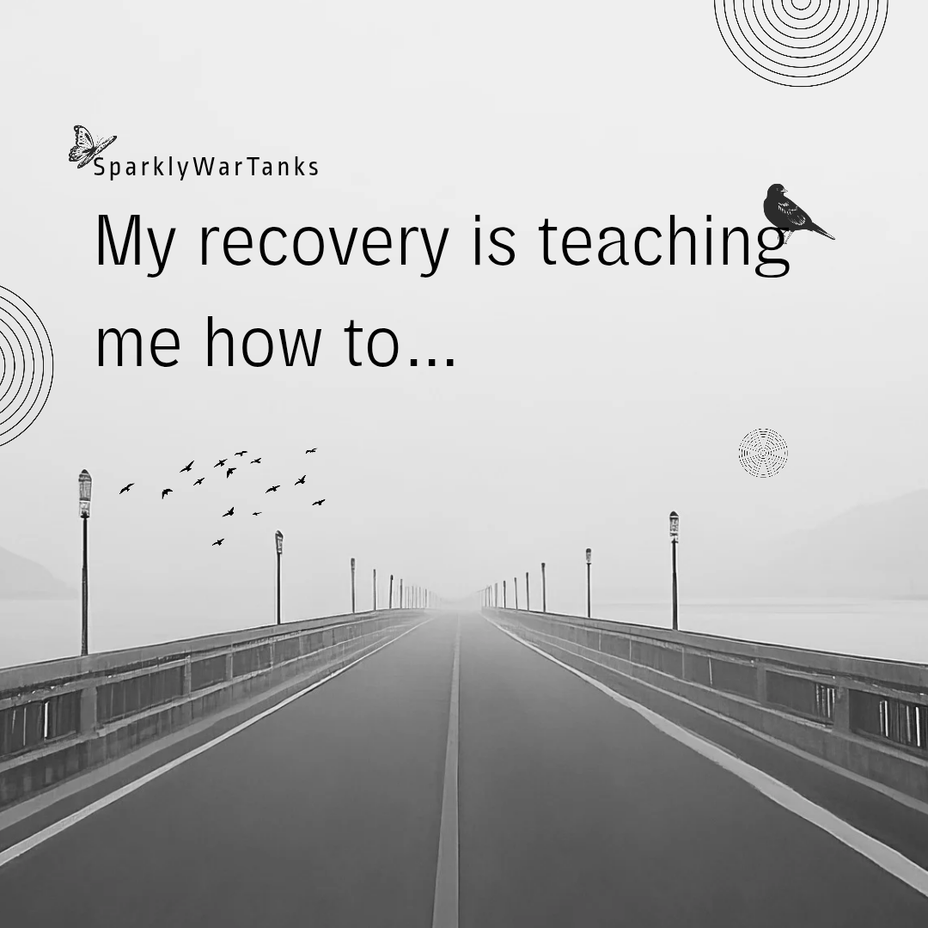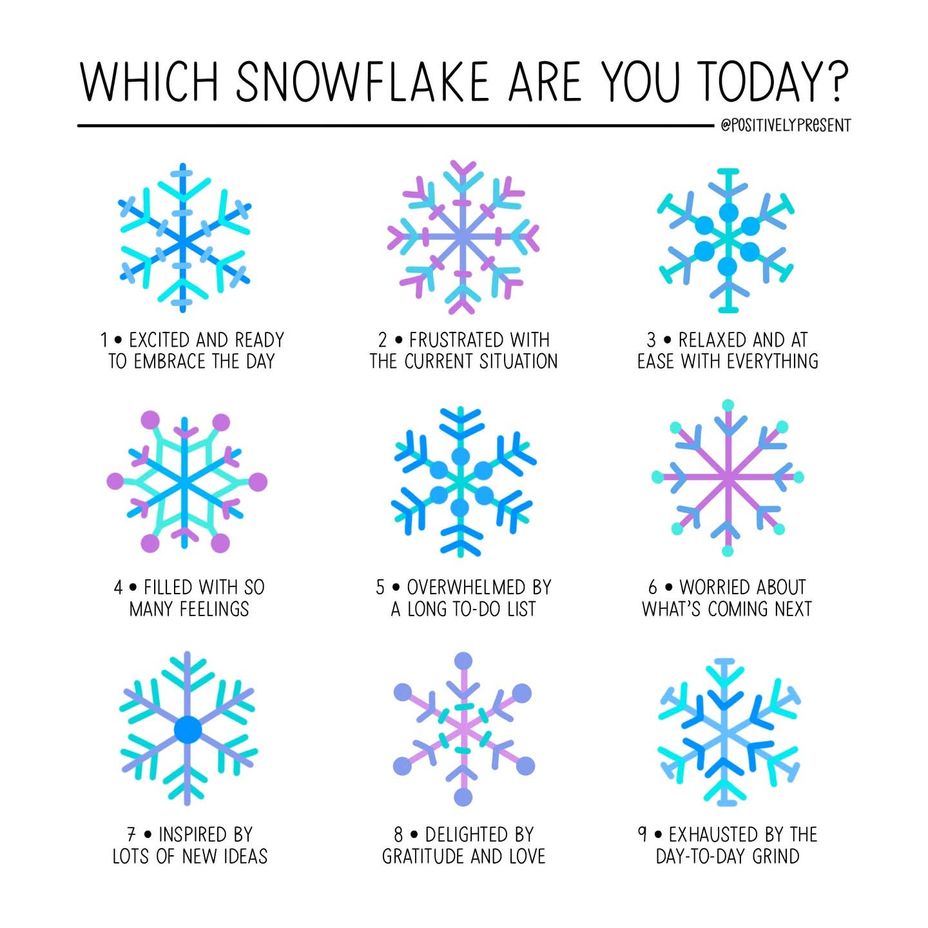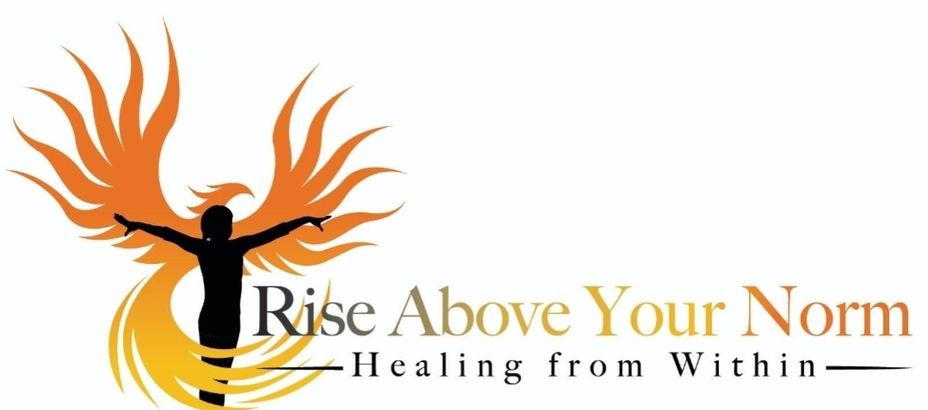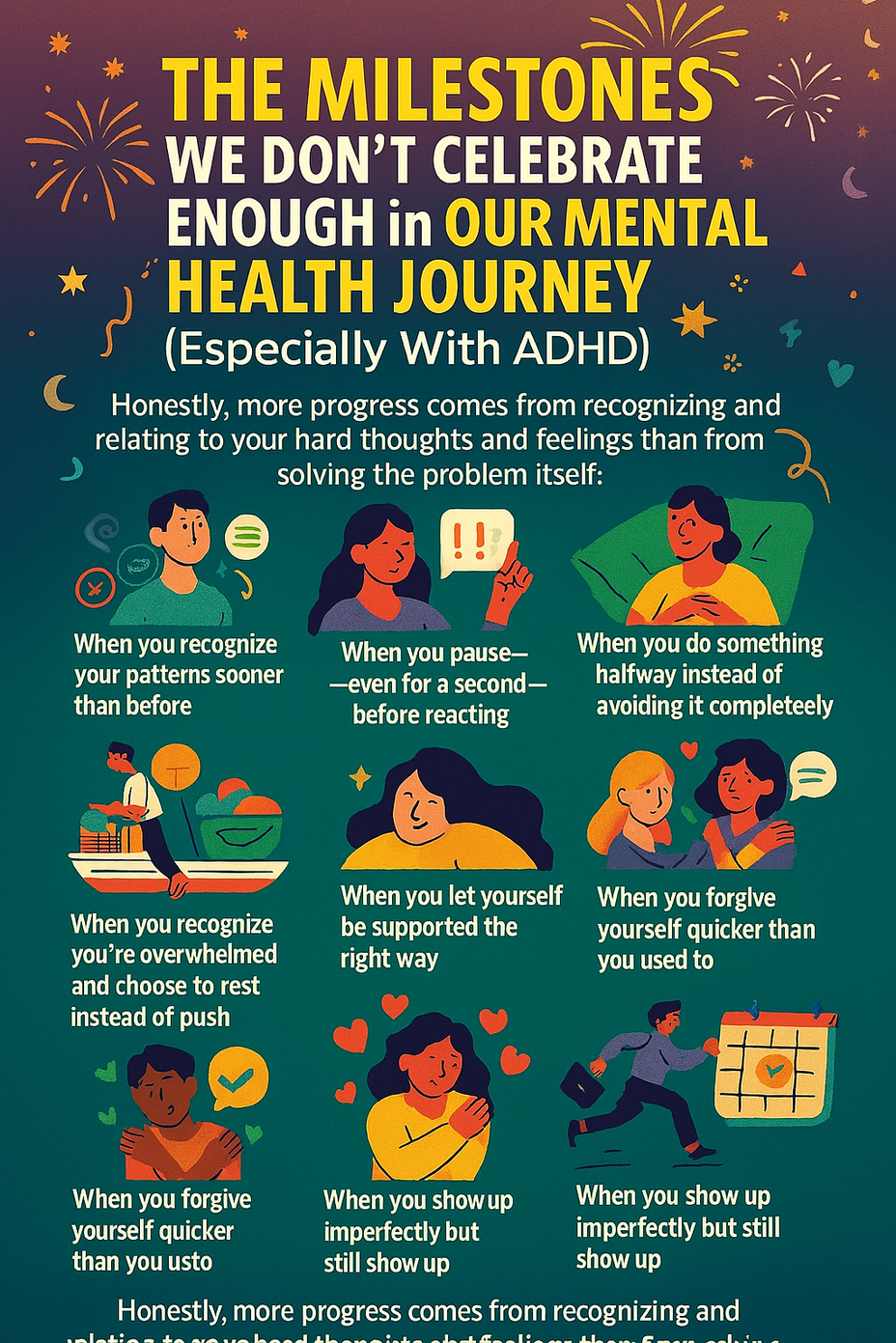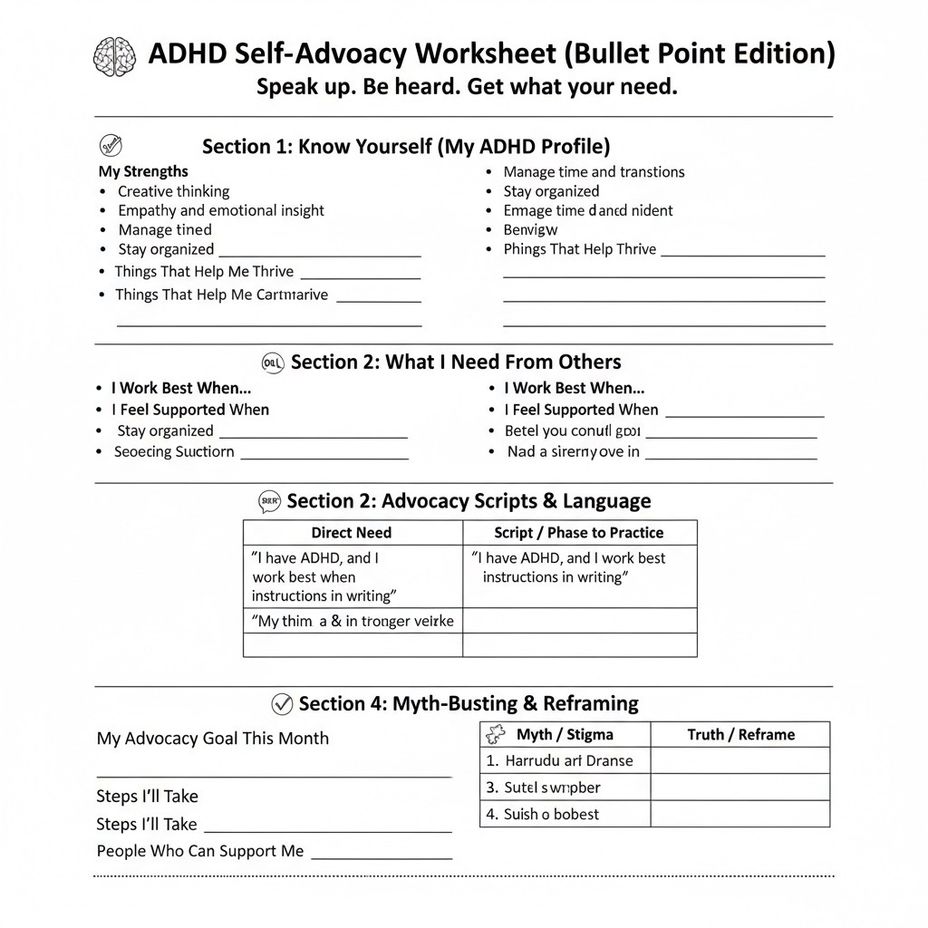How to Support a Loved One Who Struggles With AddictionLoving Without Losing Yourself By BigmommaJ
Loving someone who struggles with addiction is one of the most painful and complex experiences a person can face. You watch someone you care about disappear in pieces—moments of clarity followed by chaos, hope followed by heartbreak. You want to help, but nothing you do ever feels like enough.
Addiction doesn’t just affect the individual—it impacts families, children, partners, and entire support systems. Research consistently shows that substance use disorders are associated with increased family stress, disrupted attachment, and intergenerational trauma, particularly when left untreated (Canadian Centre on Substance Use and Addiction [CCSA], 2023).
Supporting someone with addiction requires empathy, education, and—often most overlooked—care for yourself.
Understanding Addiction Through a Trauma Lens
Addiction is not a moral failure or a lack of willpower. It is a complex, chronic health condition influenced by neurobiology, trauma exposure, mental illness, and social determinants of health (CCSA, 2023; National Institute on Drug Abuse [NIDA], 2024).
*Many individuals use substances to:
*Regulate overwhelming emotions
*Cope with unresolved trauma or abuse
*Manage untreated anxiety, depression, or PTSD
*Numb feelings of abandonment, shame, or chronic stress
Trauma-informed research shows a strong correlation between adverse childhood experiences (ACEs) and later substance use, highlighting addiction as a survival response rather than a choice (Felitti et al., 1998; Substance Abuse and Mental Health Services Administration [SAMHSA], 2014).
Lead With Compassion, Not Control
Shame is one of the strongest predictors of continued substance use and relapse. Compassion, on the other hand, fosters psychological safety—an essential foundation for recovery (Brown, 2012; SAMHSA, 2014).
Supportive communication includes:
*Using person-first language (e.g., “a person with a substance use disorder”)
*Expressing concern without blame
*Listening without fixing, minimizing, or threatening
*Acknowledging the person’s pain, not just their behavior
Statements such as:
“I’m worried about your safety.”
“I care about you and want to understand.”
Can reduce defensiveness and open space for change.
Set Boundaries Without Guilt
Boundaries are a critical component of healthy support. Evidence-based family approaches emphasize that enabling behaviors—such as covering up consequences or providing financial support for substance use—can unintentionally reinforce addiction patterns (Al-Anon Family Groups, 2023).
Healthy boundaries:
*Protect your emotional and physical safety
*Create clarity and consistency
*Reduce resentment and burnout
*Model accountability
Setting boundaries is not abandonment—it is a necessary act of self-preservation.
Encourage Help—But Release the Outcome
Recovery cannot be forced. Research shows that while social support increases treatment engagement, sustained recovery depends on internal readiness and access to appropriate care (NIDA, 2024).
You can:
Take Care of Yourself (This Is Not Selfish)
*Encourage professional treatment or trauma-informed therapy
*Offer to support attendance at appointments or groups
*Share resources without ultimatums
You cannot:
*Control another person’s recovery
*Heal their trauma for them
*Prevent relapse on their behalf
Letting go of control is often one of the hardest—and healthiest—steps for loved ones.
Family members of individuals with addiction often experience secondary trauma, anxiety, depression, and chronic stress (Orford et al., 2013). Caring for yourself is not optional—it is essential.
Consider:
*Individual or family therapy
*Support groups for loved ones (e.g., Al-Anon, Nar-Anon)
*Rebuilding routines that prioritize rest, boundaries, and identity
*When you care for yourself, you interrupt cycles of codependency and trauma.
A Personal Reflection
Through my work in child welfare and trauma-informed practice, I have seen how addiction fractures families—and how often children become silent witnesses to instability long before they understand it.
I’ve also lived the reality of addiction and recovery, witnessing firsthand how shame isolates, while compassion combined with accountability creates space for healing.
Healing does not begin with control.
It begins with safety, boundaries, and truth.
Final Thoughts: Love With Limits, Hope With Honesty
You are not cruel for setting boundaries.
You are not heartless for protecting yourself.
And you are not responsible for someone else’s recovery.
Supporting someone through addiction is not about saving them.
It’s about staying grounded in compassion—without losing yourself.
BigmommaJ
#AddictionRecovery #withoutLosingyourself #boundaries
